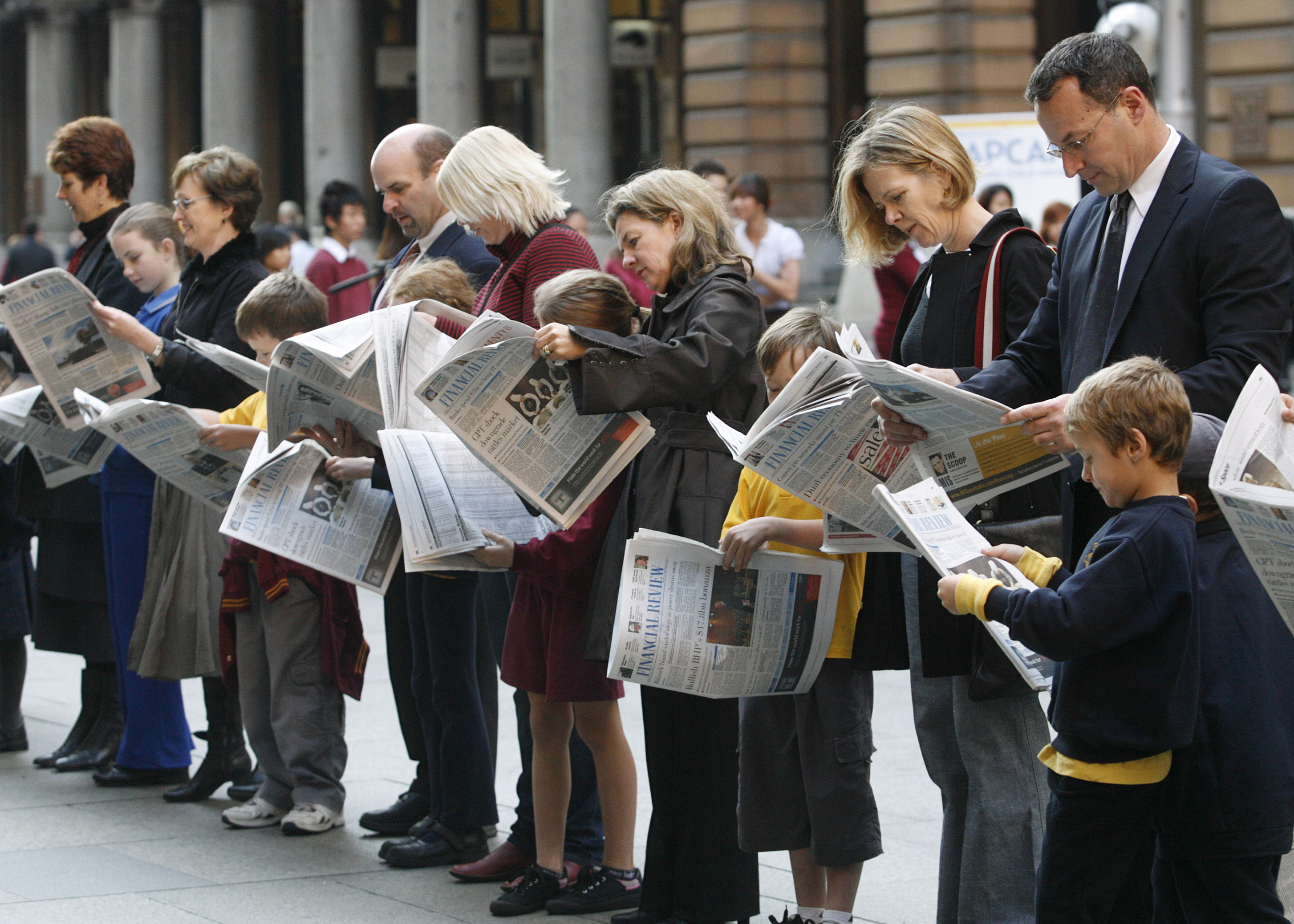What do news readers really want to read about?

People choose to read news that is most relevant to their own lives, and the lives of their families, colleagues and communities, according to new research, What do news readers really want to read about? How relevance works for news audiences.
The report by Kim Christian Schrøder, Professor of Communication at Roskilde University, Denmark, attempts to shed light on the decisions behind readers’ preferences as they encounter an increasing amount of content on and offline in a media environment saturated with choice.
The research finds that while digital media provide an immense amount of data about audience news preferences, these tell us little about why readers make the choices they do.
Through interviews with 24 participants, and unique exercises to examine their preferences, the research concludes the key factor in determining news preferences is relevance to readers’ daily lives. As one participant put it:
“Something that affects you and your life. (...) That’s what you read, isn't it? That’s why you inform yourself – because you want to know what’s going on and how it’s going to impact on you and your life and your job. That’s what’s important.”
Another participant said she chose to read a story because it would be of interest to her son: “That’s about the Ford Mustang, so we’d have something to bond over.” The report considers this sociable aspect of news as translating into shareability through social media, with news users selecting and sharing stories of interest to their friends and family.
The report also finds:
- Readers derive their own meaning from stories. A given story may be categorised by one reader as ‘international’, by another as ‘technology’, and another as ‘financial’
- News today is a cross-media phenomenon, and people often sufficiently informed about major ongoing stories without clicking on every headline
- Stories which appear trivial are often valued by readers for their civic implications
- There is a natural interest in local news regardless of the topic
- The research finds readers can be grouped into four distinct clusters based on patterns of news preferences which all include a diverse diet of news across multiple subjects:
- People with political and civic interest in news
- People with a social-humanitarian interest in news
- People with a cultural interest in news
- People who seek (political) depth stories
Report author, Kim Christian Schrøder, a former Senior Visiting Research Fellow at the Reuters Institute for the Study of Journalism, said: “Our research calls for a greater understanding in the media of the complexities of what really drives audience tastes and preferences… journalists should look beyond 'Most Read' lists as a gauge of what news readers really want, and trust their instincts to prioritise news stories with civic value.”


